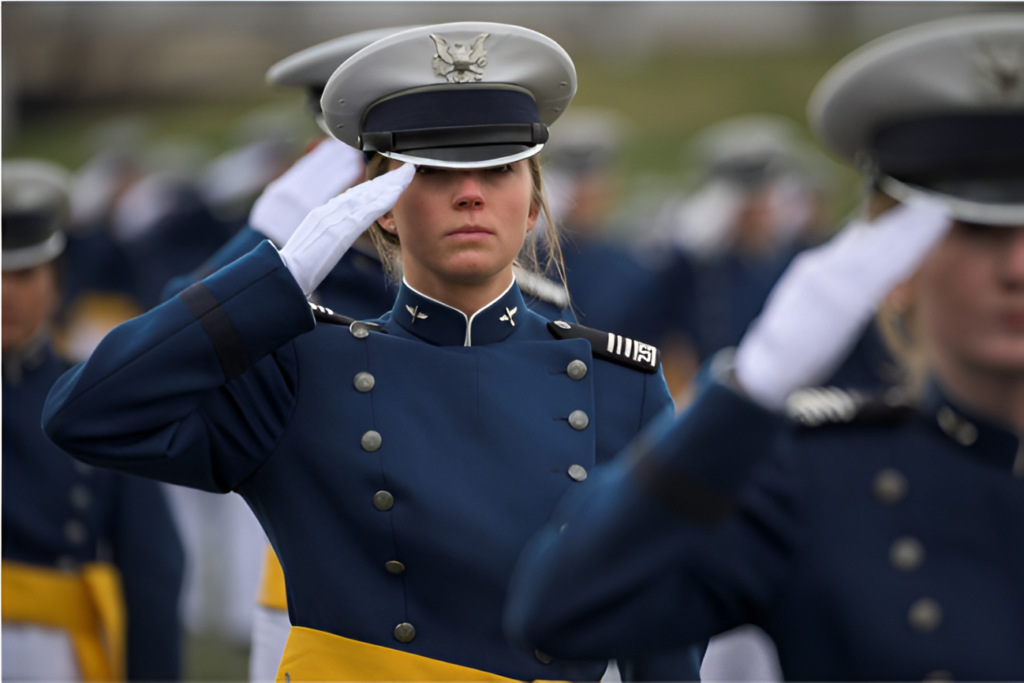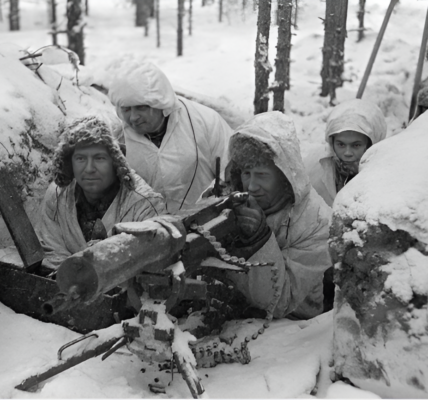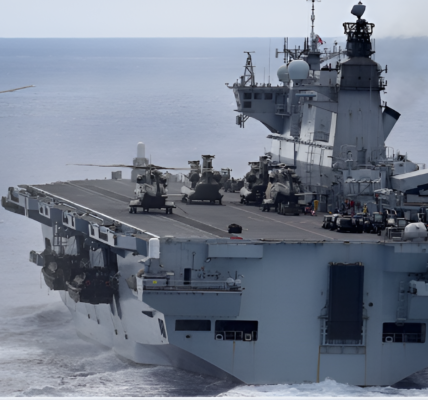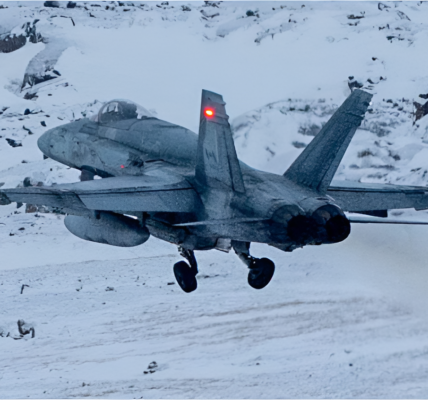
The United States has been active in space since 1958. So, why does the Space Force need its own war college now? And can’t the Air Force just educate Space Force officers since they’re still connected? The answers are clear: Yes, the Space Force needs its own war college, and no, the Air Force can’t do the job. The Air Force’s professional military education is focused on war in the air, while the Space Force operates in a domain so distinct in physics, scale, and legal frameworks that it requires specialized education.
Furthermore, as a small, highly specialized service with limited personnel in high demand, the Space Force needs a tailored approach to professional education that doesn’t disrupt operations unnecessarily. A Space War College would teach officers to think critically about their unique role in future conflicts, but it should also break from traditional models of military education to meet the Space Force’s specific needs.
Why Space Is Different
The space domain demands a fundamentally different mindset than the air, land, or sea domains. While terrestrial forces move within defined boundaries, space systems operate in a vast, ever-moving, and borderless environment. Spacecraft don’t base themselves in one location; instead, they operate continuously in orbit, governed by physics and energy constraints. Space missions rely on concepts like access windows, revisit rates, and energy tradeoffs, not transit time or endurance.
Moreover, the legal and operational frameworks for space are distinct. Space systems often conduct global operations over areas inaccessible to terrestrial forces due to physical or legal barriers. These unique challenges mean Space Force officers must be educated to approach strategy and decision-making in ways that differ from their counterparts in other services.
Currently, the National Security Space Institute highlights just how much content is required to prepare officers for strategic roles in the space domain. Space policy, joint doctrine, international law, and advanced technical concepts are just the beginning. Simply adding a few space electives to the Air War College curriculum isn’t sufficient—space operations need dedicated education.
Rethinking the War College Model
The Space Force’s small size and unique mission provide an opportunity to innovate in military education. A Space War College should be distinct in three key ways:
- Earlier Education for Officers
Space Force officers should attend the war college earlier in their careers, as they transition from company-grade to field-grade officers (lieutenant/captain to major/lieutenant colonel). Space operations often require younger officers to “punch above their weight,” making strategic decisions early in their careers. A war college experience at this stage would prepare them to excel in these roles, equipping them with the tools to think critically, “speak space,” and collaborate effectively with joint and allied forces. - Shorter, More Efficient Programs
The Space Force can leverage hybrid learning models to reduce the time officers spend in residence. A six-month program—preceded by remote coursework—would balance operational demands with educational needs. Students could engage in foundational studies online before immersing themselves in a collaborative, in-person environment. This model builds a network of peers while minimizing disruption to operational duties. - A War College for Everyone
Unlike traditional war colleges, which educate a select few officers, the Space War College should embrace a “democratic model.” Every Space Force officer transitioning to field-grade responsibilities would attend, reflecting the service’s lean structure and the strategic demands placed on all its officers. This approach ensures that all officers, not just a select few, are equipped with the knowledge and skills to think critically and act strategically.
A Space-Centric Curriculum
The Space War College’s curriculum would combine classical principles of war with space-specific content. Officers would study theorists like Clausewitz, Mahan, and Mitchell while exploring space-focused works by John Klein and Bleddyn Bowen. Topics would include U.S. and international space policies, adversary capabilities, commercial partnerships, and space warfare strategy. This tailored curriculum would ensure graduates are prepared to integrate space operations into joint and allied efforts while advancing national security objectives.
Anticipating Resistance
Critics may argue that the Air Force’s existing war college is sufficient or that war college attendance should be reserved for a select few senior officers. However, the Space Force’s unique mission and organizational structure demand a different approach. The Air War College is designed to educate airmen, not space professionals. And while traditional models of war college attendance work for larger services, the Space Force’s size and flat hierarchy necessitate a broader approach.
Additionally, some may question whether younger officers are ready for strategic education. Yet experience at the National Security Space Institute shows that junior officers can excel in strategic thinking. These officers have successfully developed recommendations on national space policy and Space Command strategy—work that often informs real-world decisions.
A Bold Opportunity
The Space Force is at a crossroads, with the chance to redefine professional military education for a new era. By establishing its own war college, the service can ensure its officers are prepared to lead in the complex, high-stakes domain of space. The Space War College should embrace innovation, leveraging technology and flexible learning models to create a program that meets the unique needs of the Space Force while advancing U.S. national security interests.
The Space Force is small, agile, and forward-looking. Its war college should reflect these qualities, preparing officers to think strategically and act decisively in a domain unlike any other. Now is the time for the Space Force to seize this opportunity and lead the way in military education for the 21st century.



